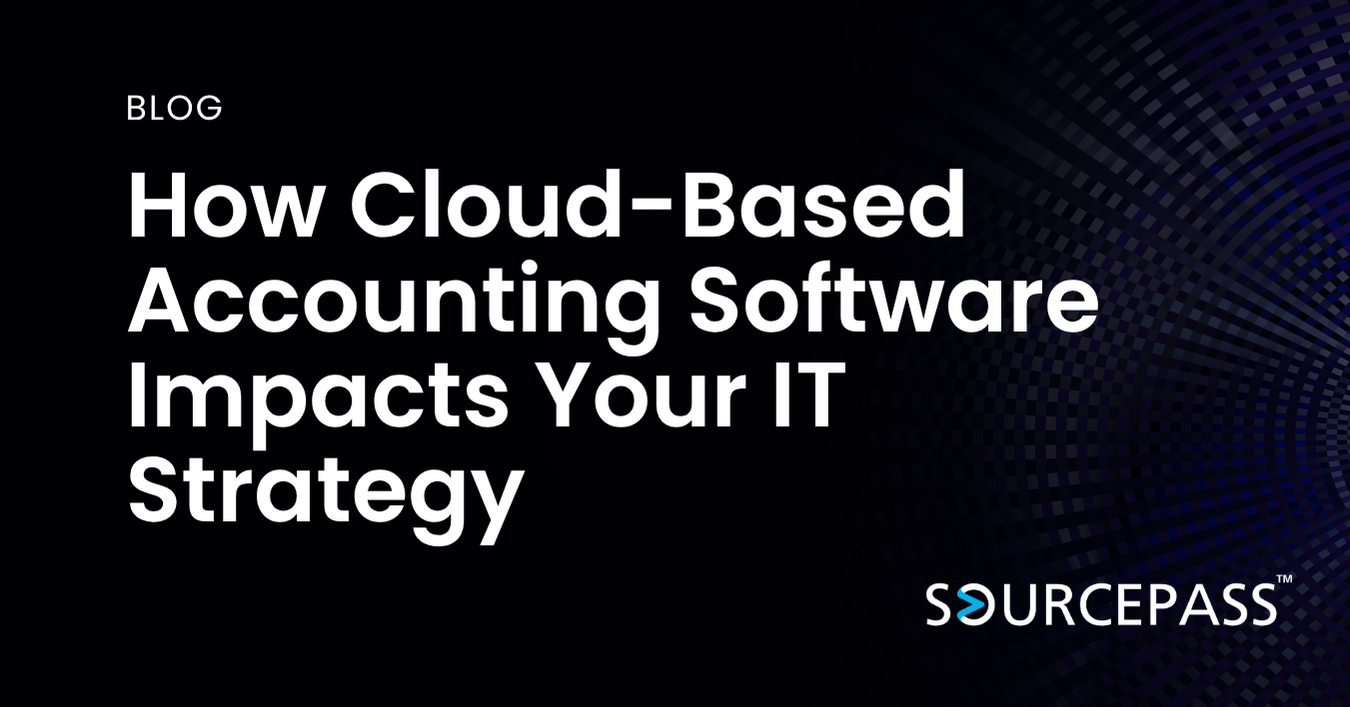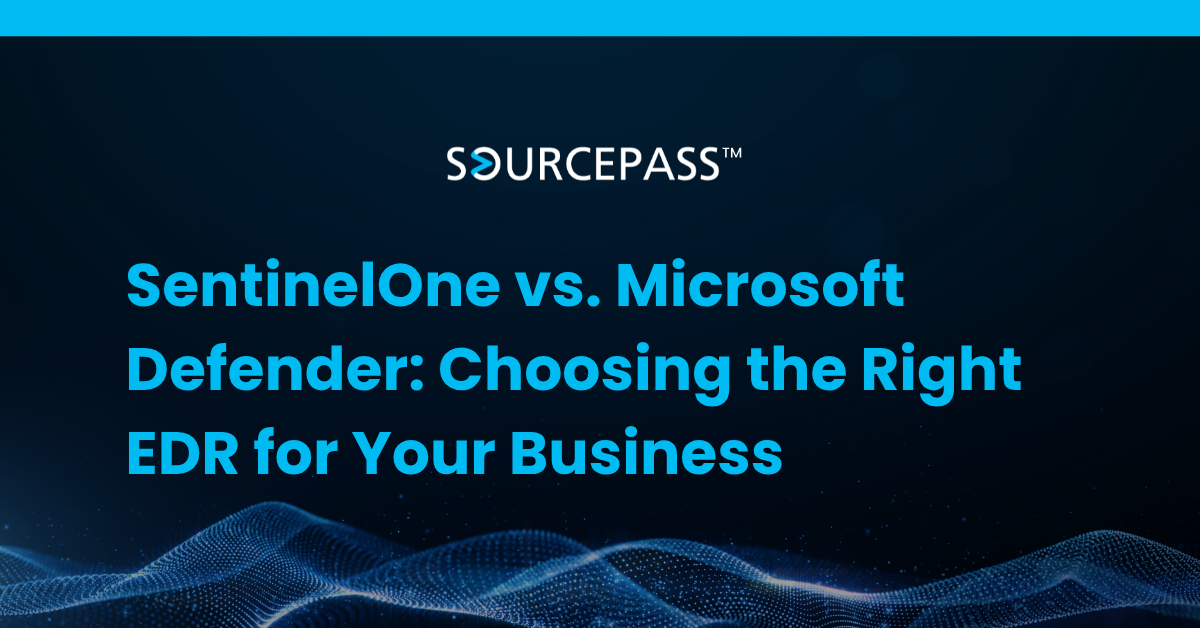How Cloud-Based Accounting Software Impacts Your IT Strategy
Jun 04, 2025 Admin Industry - Financial Sector & Private Equity 2 min read



As the accounting industry embraces digital transformation, cloud-based accounting software is quickly becoming the standard. Whether you're a small CPA firm or part of a large financial services organization, cloud solutions like QuickBooks Online, Xero, and Sage Intacct offer scalability, flexibility, and improved collaboration.
But moving to the cloud isn’t just about adopting new software—it fundamentally shifts your firm’s IT strategy. Understanding the implications of cloud accounting IT is critical to maximizing ROI, ensuring compliance, and safeguarding client data.
In this article, we explore how cloud-based accounting software impacts your IT strategy and what firms need to consider to make cloud adoption successful.
1. Redefining Infrastructure and Maintenance
Traditional accounting software requires significant on-premises infrastructure—servers, storage, and regular updates. With cloud platforms, those responsibilities shift to the software provider, reducing your internal IT burden.
Cloud migration for CPAs means:
- Lower capital expenditure on hardware
- Fewer IT hours spent on patches and maintenance
- Scalable infrastructure that grows with your firm
However, firms must now focus more on managing cloud subscriptions, user access controls, and integrations between cloud tools.
2. Enhancing Security with a New Set of Responsibilities
While most cloud-based accounting vendors offer strong built-in security, firms still bear responsibility for protecting data on their end. That includes user behavior, device security, and compliance with financial data protection laws.
Security implications for cloud accounting IT:
- Implementing strong password policies and multi-factor authentication (MFA)
- Encrypting data during transmission and at rest
- Managing permissions and access levels by role
- Training staff to recognize phishing and social engineering threats
Cloud software improves security posture, but only when paired with a thoughtful IT strategy and clear cybersecurity policies.
3. Improving Remote Access and Team Collaboration
With more firms operating remotely or in hybrid work models, cloud software offers a major advantage: real-time collaboration from anywhere. This enables accountants to access up-to-date financial data and work simultaneously with team members or clients.
Cloud-based tools support:
- Remote audits and reviews
- Real-time expense tracking and reporting
- Easier collaboration with clients through shared portals
For this reason, tech for accountants must now include secure VPN alternatives, mobile device management (MDM), and role-based cloud access controls to maintain both security and productivity.
4. Changing Backup and Disaster Recovery Plans
Cloud providers often include automatic backups and built-in redundancy, reducing the need for complex, onsite disaster recovery solutions. However, firms should not assume all data is recoverable without effort.
Your IT strategy must:
- Confirm backup frequency and retention policies with the software vendor
- Understand recovery time objectives (RTOs) and recovery point objectives (RPOs)
- Integrate third-party backup solutions if regulatory requirements demand it
Proper planning ensures your firm can recover quickly from accidental deletions, service outages, or cyber incidents.
5. Integration and Automation Opportunities
Cloud accounting platforms can integrate with CRMs, payroll systems, document management tools, and even AI-powered analytics platforms. These integrations can streamline workflows and reduce manual errors—if your IT systems are prepared to support them.
Key integration considerations include:
- Ensuring APIs are secure and properly configured
- Avoiding data silos by choosing compatible platforms
- Leveraging automation tools to improve efficiency without compromising compliance
Your IT team or outsourced provider must be equipped to manage these integrations to ensure they deliver value.
Need Help with Cloud Migration for Your CPA Firm?
Call Sourcepass Today!
Adopting cloud-based accounting software is more than a software upgrade—it’s a transformation that affects nearly every aspect of your firm’s IT strategy. From infrastructure and cybersecurity to backup planning and system integration, the shift to cloud accounting requires thoughtful planning and execution.
By aligning your IT roadmap with cloud capabilities, your firm can improve efficiency, boost collaboration, and enhance client trust—all while staying secure and compliant.
We specialize in cloud migration for CPAs and offer tailored IT support to accounting firms navigating digital transformation. Contact us for a cloud readiness assessment or to discuss your long-term IT strategy.
Subscribe To
Sourcepass Insights
Sourcepass Insights
Stay in the loop and never miss out on the latest updates by subscribing to our newsletter today!



